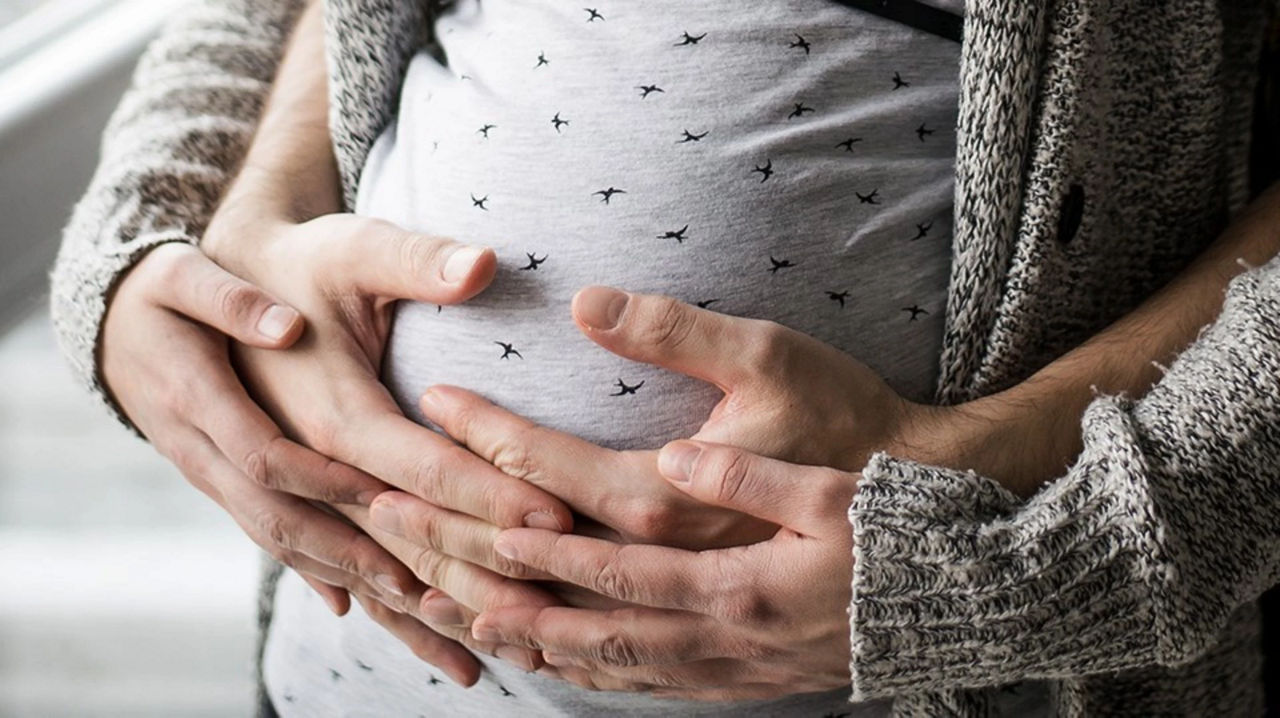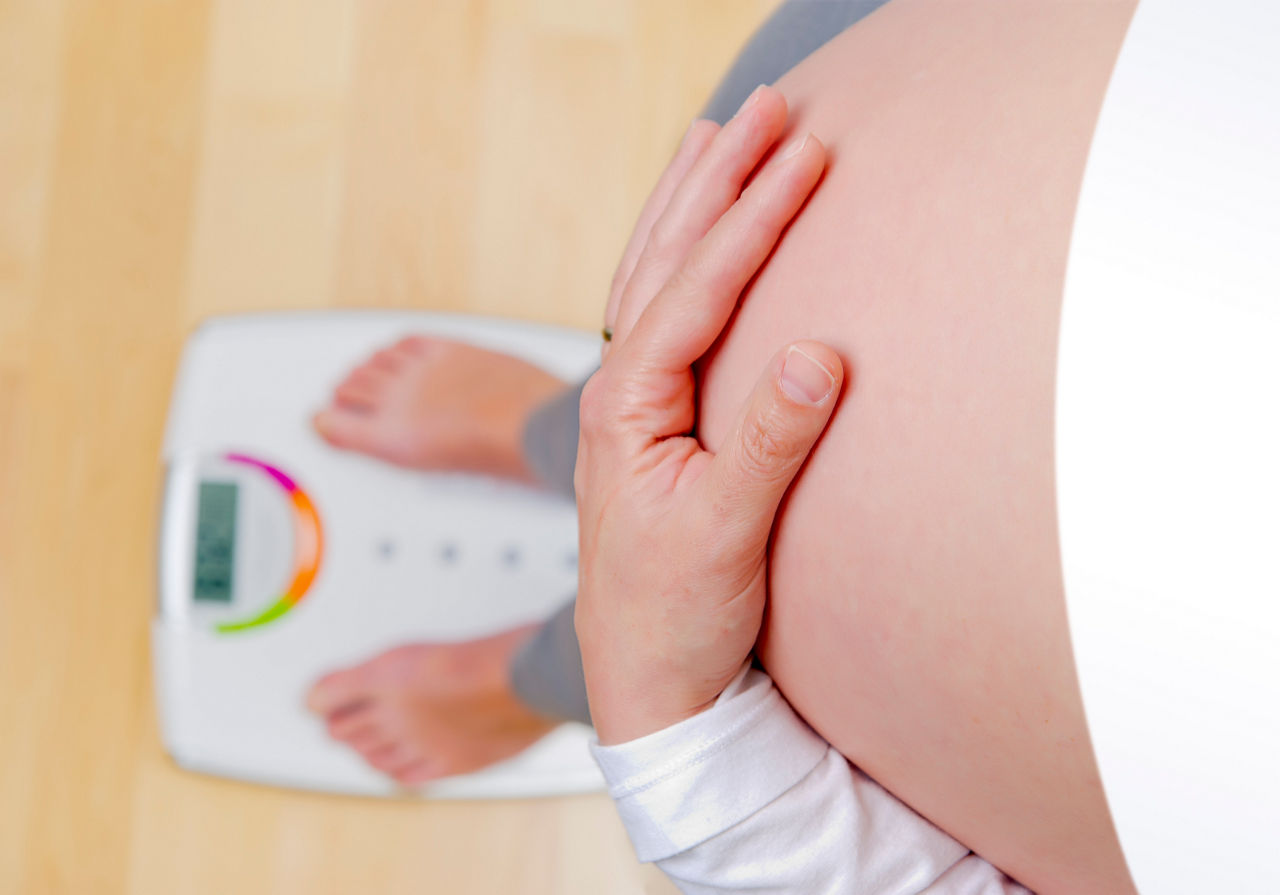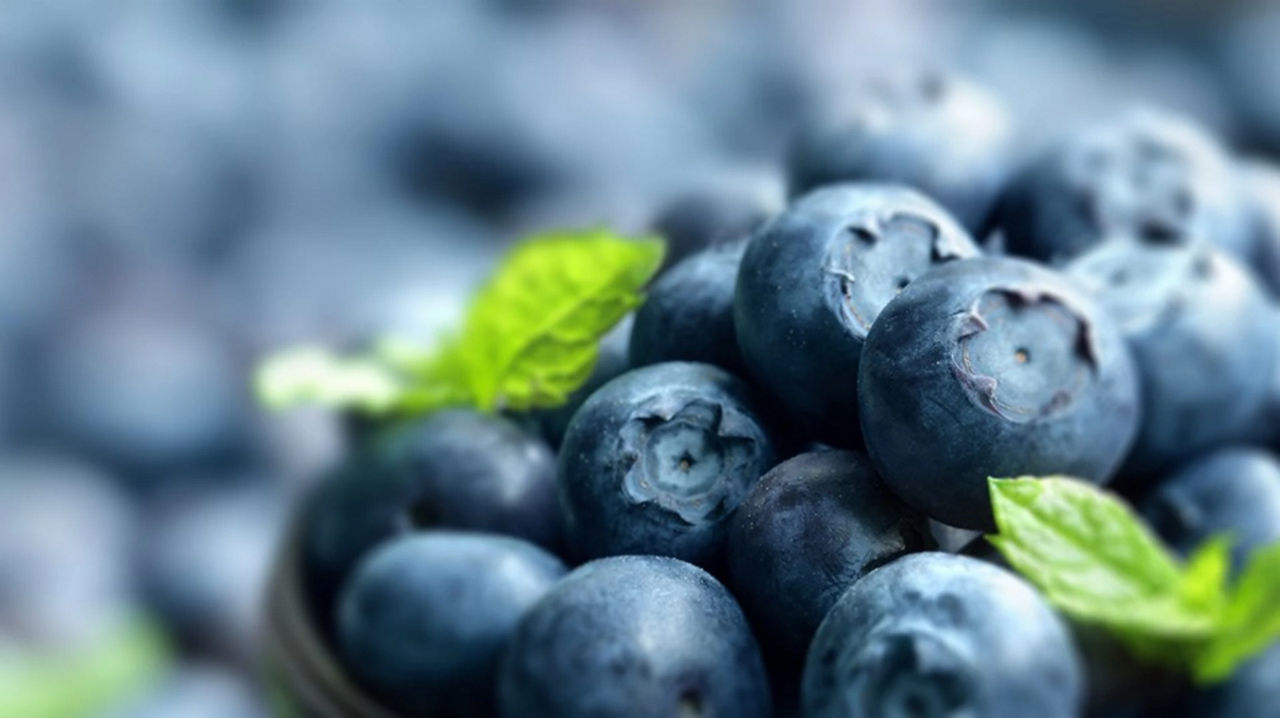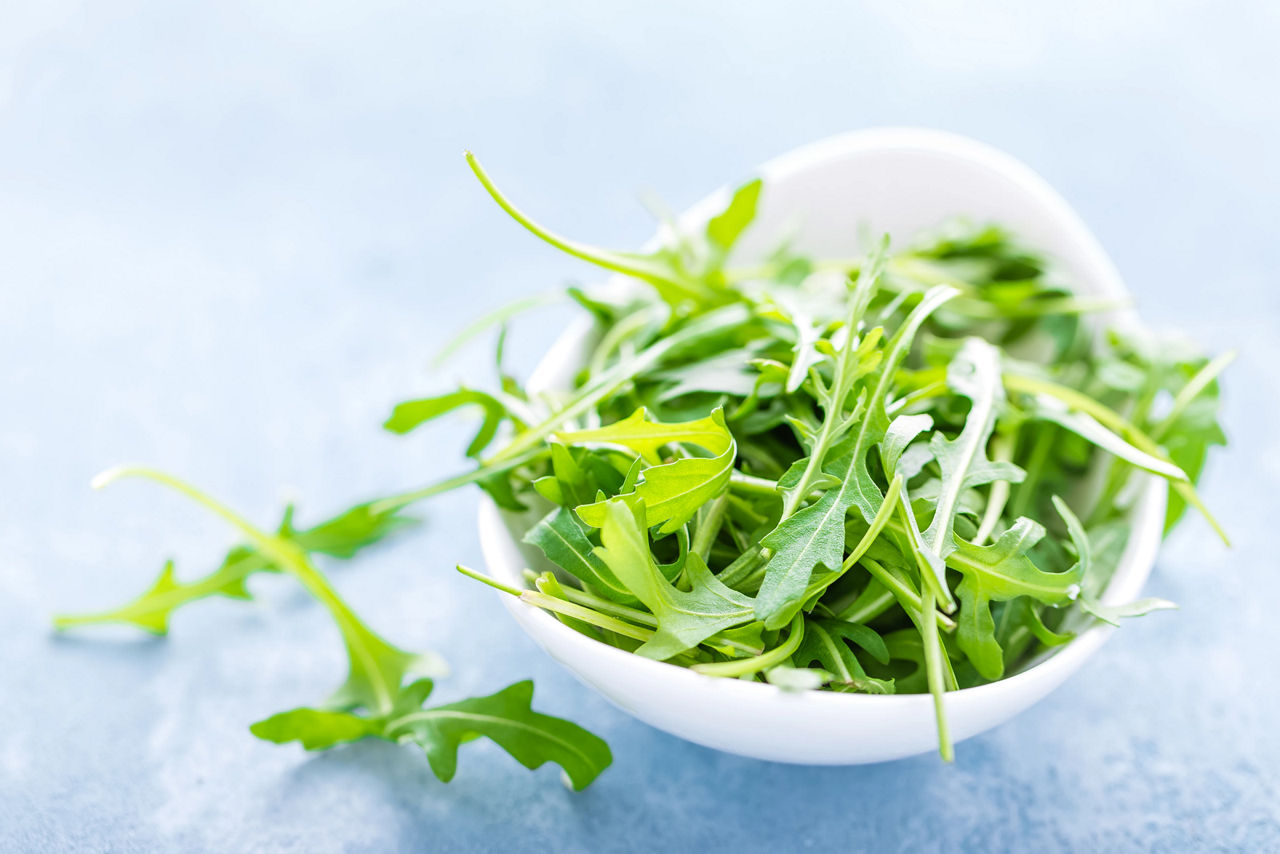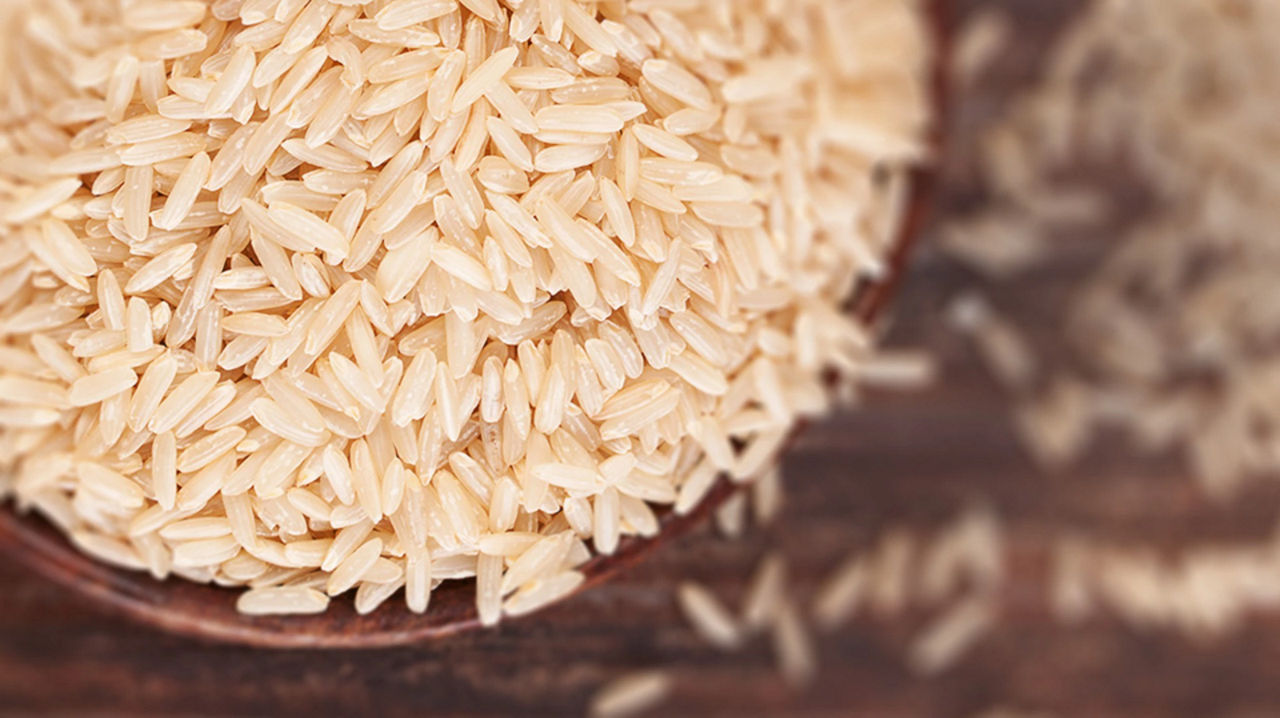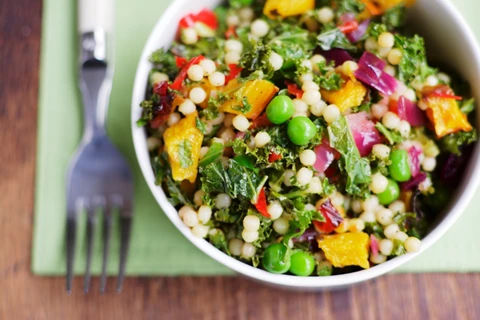At 26 weeks pregnant, you’re almost at the end of your second trimester, and well over halfway through your pregnancy. With your baby growing steadily, you may now have a noticeable baby bump.
You might be giving some thought to how and where you’d like to give birth, including your options for pain relief. You may also have started to think about what to pack in your hospital bag, and getting ready to attend your antenatal classes if this is something you’ve decided to do.
If you’re feeling more tired as your baby develops, try to listen to your body and don’t overdo it. Whilst it’s important to remain active and take regular exercise, pregnancy symptoms such as leg cramps, backache and heartburn can really take it out of you, so it’s important to rest when you need to. If you’re struggling to manage any of your pregnancy symptoms, always seek medical advice from your doctor or midwife to get the support you need.
Here we’ll look at your baby’s position and movement at 26 weeks pregnant, what to expect from Braxton Hicks contractions, and the importance of good fats for a healthy pregnancy diet.

